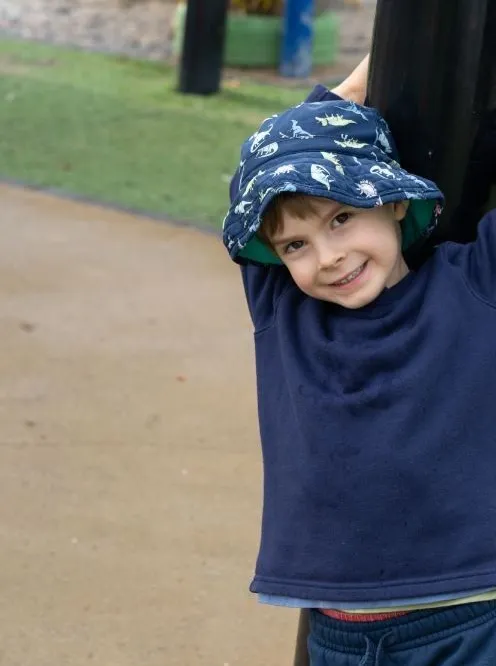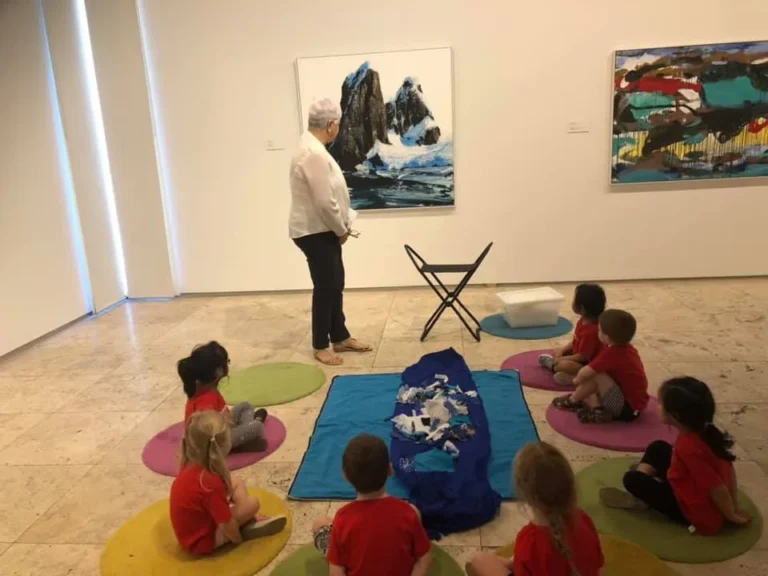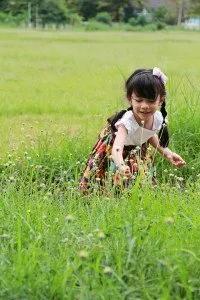
Children can be aggressive sometimes. It is a normal part of behavioural and emotional development, especially between the ages of 3 and 6. Every child develops the instinct to bite, hit, kick, and yell when they feel overwhelmed by their emotions. Just because it is a developmental milestone for children does not mean they cannot be taught to control their actions. Learning emotional regulation is an important part of teaching children how to conduct themselves appropriately.
It can be difficult to hear your child report they are being hit by another child whilst at daycare. Whether it is just one child acting aggressively toward yours or there are several engaging in the practice, there are steps you can take to address the matter. Here are five things you and your child can do to correct the situation.
Alert the day care centre:
The first thing parents must do is alert the day care centre about the behaviour. Creative Childcare takes all complaints about aggression toward children in our care seriously. Although aggression is developmentally appropriate, we work with the child or children who are engaging in the practice to help them understand their feelings and find more appropriate ways to express them. Our staff also will address the issue with the child’s parents or guardians and provide them with strategies they can reinforce at home to help teach that hitting others is inappropriate.
Sometimes aggressive behaviour is an indicator of an underlying problem that needs addressing by a child developmental paediatrician. If our staff feels this is appropriate, we make the recommendation to the offending child’s parents or guardians.
Give your child appropriate coping strategies:
Alerting the day care centre of the issue should go a long way toward resolving it. If they were unaware of the aggressive child’s behaviour, it is now on their radar, and they can intervene if necessary. Teaching your child coping strategies if the conduct occurs again also is important. One of the most important things your child can do is be assertive with the hitter, kicker, or yeller. Instruct your child to firmly say “No Hitting” and walk away from the offending child. Tempting as it is, your child should never hit back. Instead, they must seek out an adult carer and report the incident immediately.
Check your child’s behaviour:
This can be a tough one for some parents because they automatically see their child as the victim if they are being struck by another child at day care. It is worth asking whether your child is engaging in any behaviour themselves that may prompt another child to react aggressively. Does your child have difficulty sharing, and is taking toys or other desired items from other children without asking or waiting their turn? Making sure your child is not playing a role in aggression is an important step in addressing it. If your child is contributing, we can provide parents with teaching moments to help their child control their part in the negative interaction.
The bottom line on children hitting:
Patience is a must when dealing with a child-hitting situation at daycare. Creative Childcare is here for parents and guardians and will address these concerns immediately. Reach out to us today to learn more about how we can help.
Interested in learning where Creative Childcare Centres fit into your plans?



